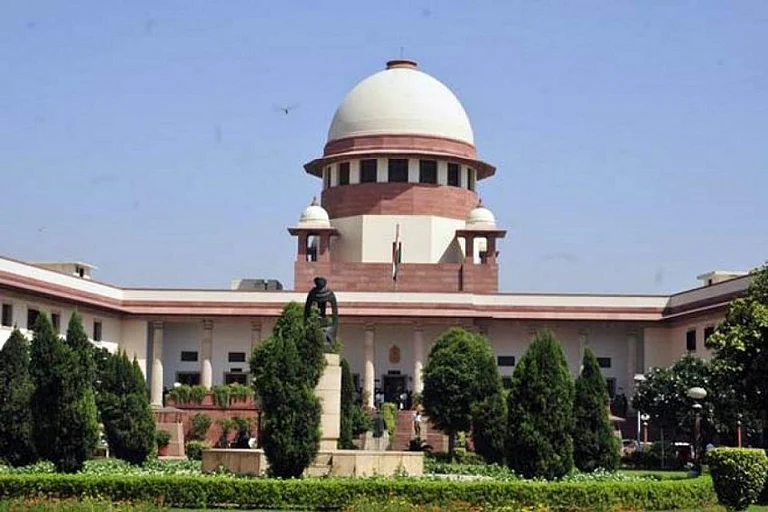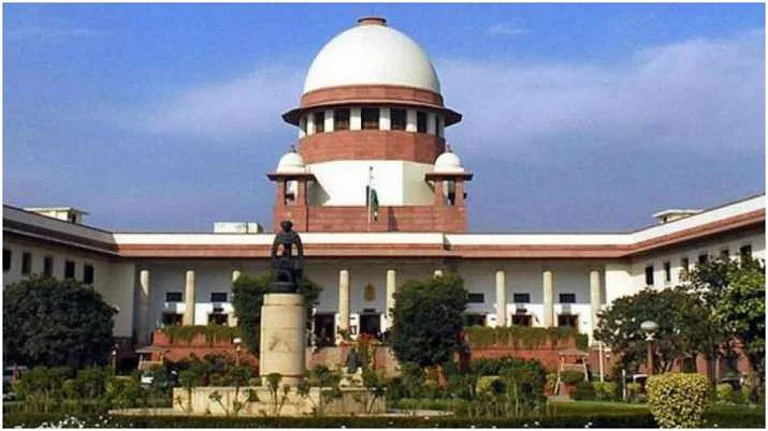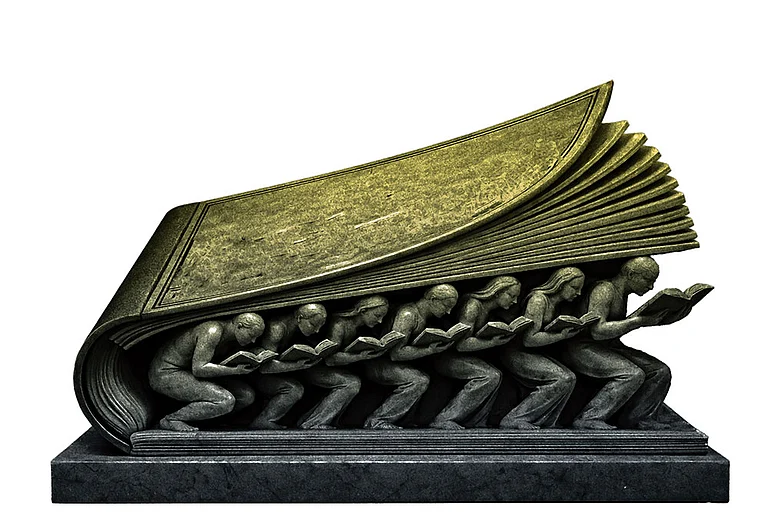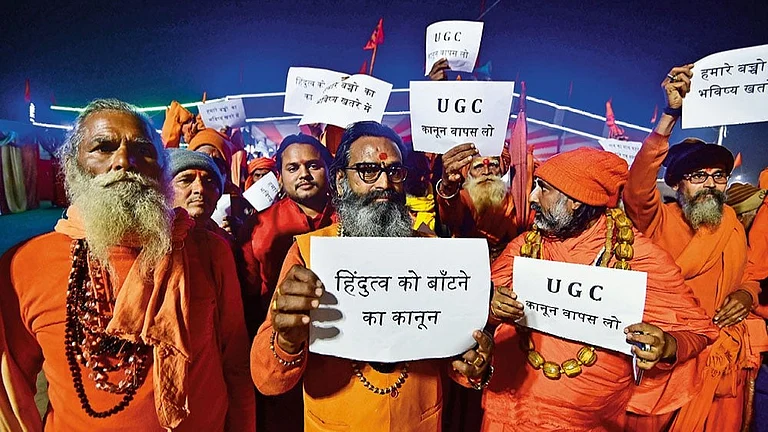The Supreme Court on Thursday junked the electoral bonds scheme that allowed anonymous funding to political parties by striking down the legal provisions introducing and laying down its framework.
A five-judge constitution bench headed by Chief Justice D Y Chandrachud held that the 2018 scheme was "violative" of the constitutional right to freedom of speech and expression and the right to information. It also held as "unconstitutional" the proviso to Section 29C(1) of the Representation of the People Act, Section 182(3) of the Companies Act of 2013 and Section 13A(b) of the Income Tax Act of 1961, as amended by the Finance Act, 2017.
Representing the petitioners challenging the bonds scheme, advocate Prashant Bhushan argued that the anonymity of the donors deprives citizens’ right to information about the parties and candidates they wish to vote for. According to a report by India Express, Bhushan pointed out that there are roughly 23 lakh registered companies in India and figuring out how much each company had donated using this method would not be possible for an ordinary citizen.
On the other hand, the government counsel Solicitor General Tushar Mehta upheld that protecting donor anonymity is also one of the legitimate aims of the state since it seeks to give effect to a fundamental right — the right to privacy of the donor.
Since the situation requires to balance of two fundamental rights against each other, CJI Chandrachud, applied the “double proportionality” test.
What is a proportionality test?
The test of proportionality is a commonly employed legal method used by courts around the world, typically constitutional courts, to decide cases where two or more legitimate rights clash.
It is based on the court’s proportionality test, laid down in its 2017 verdict in the seven-judge Bench KS Puttaswamy case over the right to privacy.
In the Puttaswamy ruling, which recognised the right to privacy as a fundamental right, Justice Sanjay Kishan Kaul observed the state action to be upheld must show: “(i) The action is sanctioned by law; (ii) The proposed action must be necessary in a democratic society for a legitimate aim; (iii) The extent of such interference must be proportionate to the need for such interference; and (iv) There must be procedural guarantees against abuse of such interference.”
In the current case, CJI Chandrachud observed that the court needs to go further to see the “balancing” of the rights while examining the matter from the perspective of both rights. The court has to then decide if the state has adopted the “least restrictive” methods and whether the measure has a disproportionate impact on any one of the two rights, the IE report states.
'Transparency and not secrecy'
"Transparency and not secrecy is the cure and antidote," the Supreme Court said while rejecting the vehement submission of the Centre that donors' names are kept secret under the electoral bonds scheme as they often "apprehend retribution" from other political parties.
Justice Sanjiv Khanna, in his separate and concurring verdict in the case, said the retribution, victimisation or retaliation against any donor exercising their choice to donate to a political party is an abuse of law and power which needed to be checked and corrected and it cannot be justification to make the scheme anonymous.
Rejecting the submissions of the Centre on secrecy aspect of donors, Justice Khanna said the arguments suffered on the grounds of inconsistency and coherence as they seek to perpetuate and accept the wrong rather than deal with the malady and correct it.
"The inconsistency is also apparent as the change in law, by giving a cloak of secrecy, leads to severe restriction and curtailment of the collective's right to information and the right to know, which is a check and counters cases of retribution, victimisation and retaliation. Transparency and not secrecy is the cure and antidote," he said.
Justice Khanna, in his 74-page judgement, dealt with the submissions of the Centre that donors usually apprehend retribution from other political parties or actors and thus their identities should remain anonymous.
The government had said the bonds uphold right to privacy of donors by providing confidentiality.
It had also said that donating money to one's preferred political party is a matter of self-expression by the donor and hence revealing the identity invades the "informational privacy of donors protected by the Constitution".






















